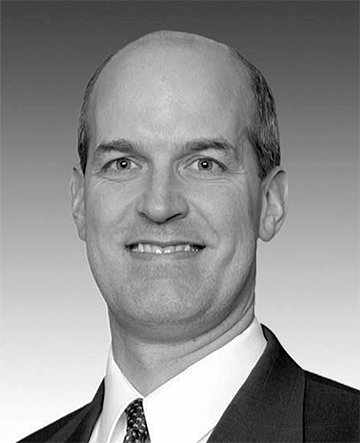The stories are heartbreaking and all too frequent. One mother from Everett shared of her son’s struggle with addiction that led to an overdose. Another mother from Bellingham told me that her daughter is in and out of jail and the hospital as she struggles with a heroin addiction.
Addiction is a ruthless disease that is ripping through families and communities, leaving tragedy…
Deaths caused by heroin and painkillers in Washington increased 31 percent between 2002 and 2013. In Snohomish County, the rate increased by nearly 70 percent in that same time.
Addiction is not a moral failing, but a disease that requires medical treatment. People who are addicted need help, not jail. To fight this epidemic and the pain it is inflicting, families and communities need more resources and tools. When I talk with parents, community leaders and law enforcement in Northwest Washington, they ask that I work in Congress to help prevent overdoses, make treatment more available and assist people to get on the path of recovery.
Here is what I have learned, and what I am doing to help our families and communities.
•First, naloxone is a lifesaving drug that can reverse opioid overdoses, giving people the opportunity to get treatment and recover. Getting naloxone into the hands of more first-responders and law enforcement can help prevent people from dying of overdoses.
That is why I am supporting efforts to provide law enforcement with more training and supplies to reverse overdoses. I voted for a bill last week that would help states and communities have better access to naloxone. I also asked the administrator of the Food and Drug Administration to make naloxone more accessible to save more lives.
•Second, we need to help people who are addicted get treatment, not put them behind bars. The growing epidemic is not only straining families and communities, it is exhausting law enforcement and addiction treatment resources. If we are going to make a meaningful difference for families who are suffering, we need more funding to expand treatment options. President Obama developed a plan that would invest $1.1 billion to help states treat more people with substance abuse disorders. I am pushing to make sure our communities can put these resources into action to aggressively fight the opioid addiction epidemic. Combining effective treatment with oversight through drug courts can help reunite families and keep nonviolent drug offenders from reentering the criminal justice system. Throughout my time in Congress, I have seen firsthand the success drug courts have on helping people get healthy and stable. In the counties I represent, about 1,350 people have graduated from drug courts over the last several years.
With my support, the House passed a bill last week that would create a new grant program for state and local governments to pursue solutions to the epidemic, such as drug courts and other innovative law enforcement responses.
•Third, I want to help prevent addiction in the first place by improving pain management and prescription practices. I voted last week to improve the ways that painkillers are prescribed to reduce the risk of patients developing addictions. Another promising idea is to allow states to develop policies addressing partially filled opioid prescriptions, which could help reduce the number of unused pills in people’s homes. I asked the Drug Enforcement Agency to work with doctors and pharmacists to develop clearer partial fill policies.
Communities in Northwest Washington are working hard on solutions to address the addiction epidemic.
I want Congress to do its part by providing communities with more resources and tools to expand treatment options, stop overdoses and prevent future addiction. It is time to treat addiction like the disease that it is to give more people a second chance.


